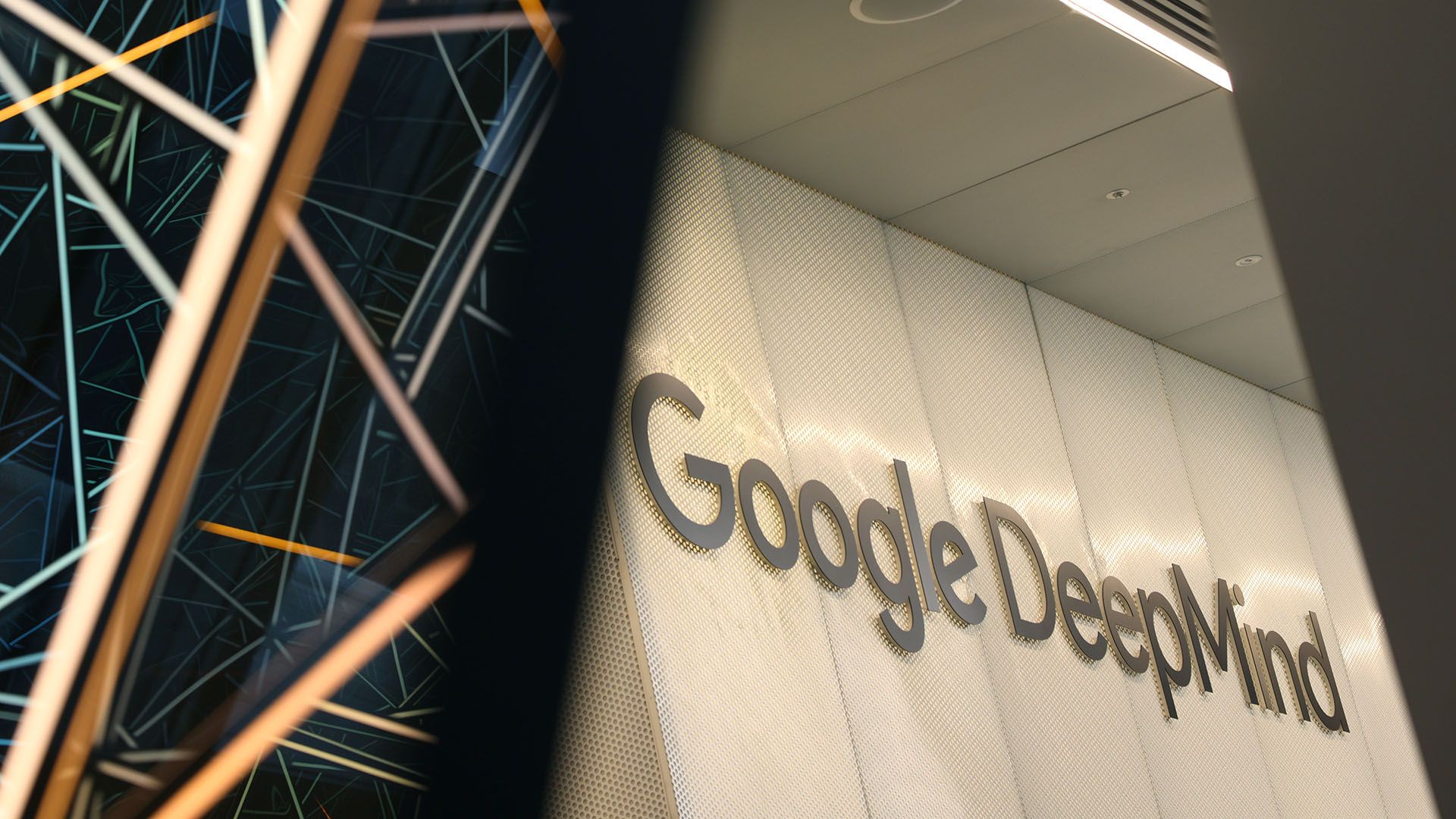DeepMind AI Employees Allegedly Connected to Google Through…

AI Engineer Salaries Comparison
Microsoft’s Competitive Compensation
Microsoft has established itself as a key player in the artificial intelligence (AI) field, offering enticing financial incentives to attract top talent. An AI software engineer at Microsoft can earn an impressive average salary of approximately $377,611. This figure is notably higher than the average employee salary within the Azure division, which is around $120,000 less. Such compensation highlights Microsoft’s commitment to remaining competitive in the rapidly evolving tech landscape.
Google’s Strategy to Retain Talent
To keep its AI experts from moving to rival companies, Google has adopted a unique strategy that includes paying select employees to essentially do nothing for up to a year. This tactic aims to discourage valuable personnel from joining competitors by leveraging a combination of paid time off and noncompete agreements. According to a report from Business Insider, Google DeepMind employs "aggressive" noncompete clauses that can restrict employees from working elsewhere for an extended period after leaving the company.
Noncompete Agreements: The Details
Understanding Noncompete Clauses
Noncompete agreements are contracts that restrict employees from joining competing firms for a specified time frame after they leave a company. Google’s strategy involves enforcing these agreements selectively based on various factors, including the employee’s seniority and the significance of their contributions to the company’s AI initiatives.
- Factors Influencing Noncompete Agreements:
- Seniority of the Employee: More senior employees may face longer restrictions.
- Impact on Company Projects: Those crucial to key projects might have stricter limitations.
Employee Experiences
The implementation of these noncompete clauses has created tension among some Google DeepMind employees. Reports suggest that individuals have reached out to Microsoft’s AI VP, Nando de Freitas, expressing frustration about their situation. Many feel trapped due to the lengthy restrictions, which could prevent them from advancing their careers for an extended period. A former DeepMind employee highlighted the impracticality of such long wait times in the fast-paced AI industry, stating, “Who wants to sign you for starting in a year? That’s forever in AI.”
Legal Landscape of Noncompete Agreements
The enforceability of noncompete agreements varies significantly across different regions. In the United States, for instance, California has historically restricted these agreements. A law passed in 2023 further expanded the limitations, making noncompete clauses unenforceable for contracts initiated out of state.
In contrast, in the United Kingdom, where Google DeepMind is based, these agreements can be enforced if deemed reasonable and necessary to protect the employer’s business interests. This different legal framework adds another layer of complexity for employees navigating their career decisions in the tech sector.
The Emotional Toll on Employees
While receiving a salary for doing little to no work might seem appealing at first glance, there are potential downsides. Experts suggest that such arrangements can diminish overall job satisfaction and fulfillment. The fast-paced nature of AI development means that employees are constantly expected to grow and innovate, making lengthy periods of inactivity potentially detrimental to their long-term career prospects.
By understanding the current practices and implications of noncompete agreements in the tech industry, both employees and employers can better navigate the complexities of job placements in this highly competitive market.






